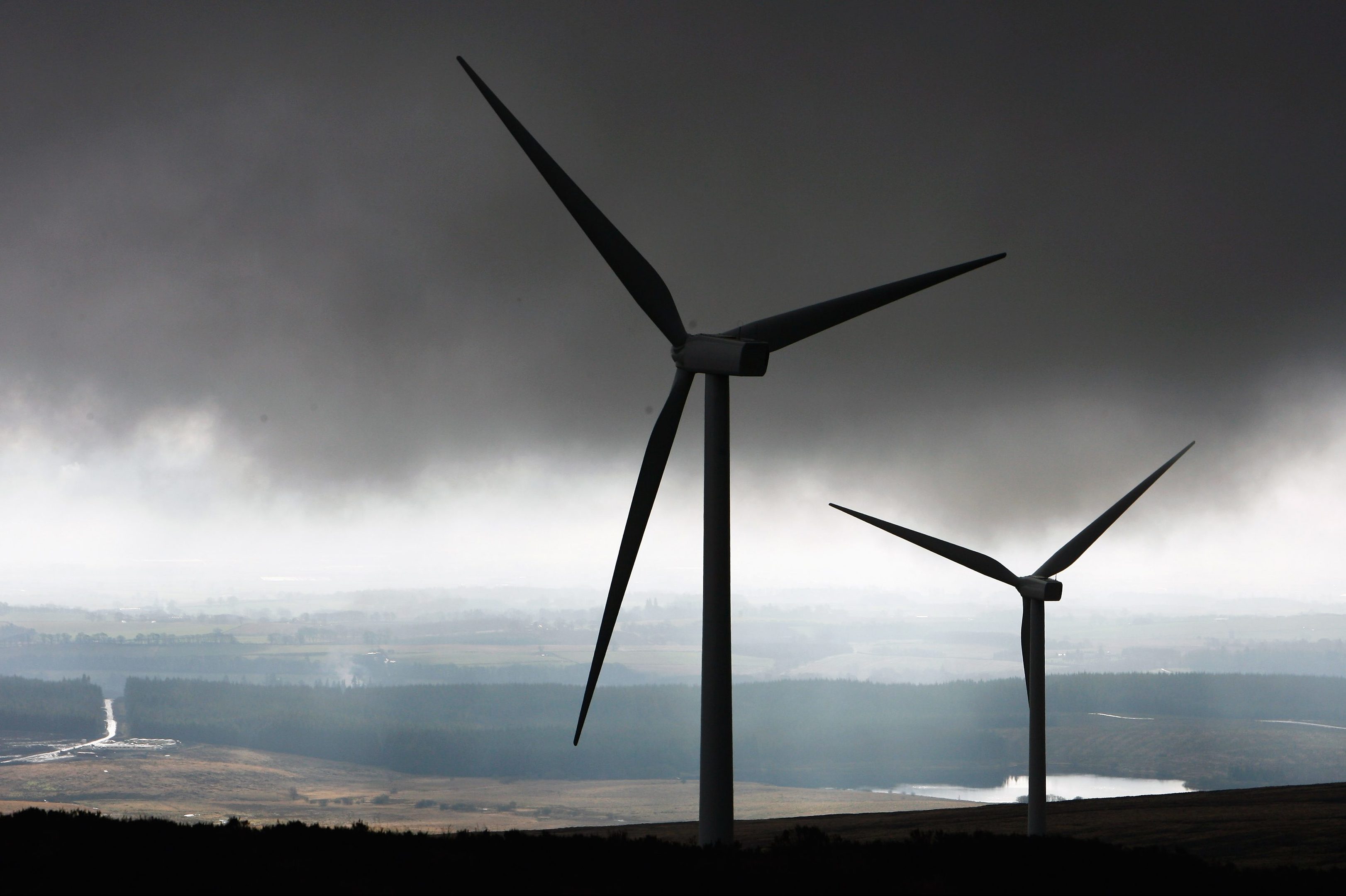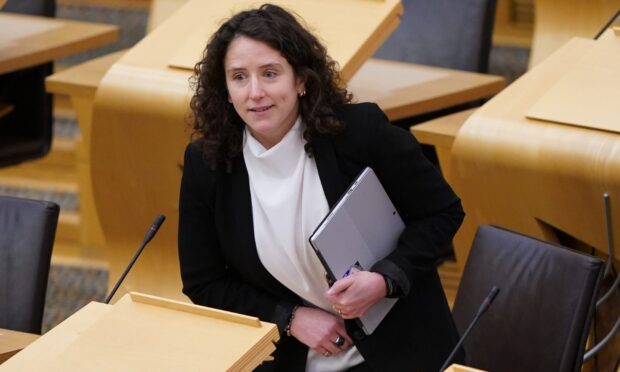The Scottish Government has been warned against launching its own energy company to rival a not-for-profit supplier it supported with millions of pounds of public money.
Our Power, which was founded with £6 million of state help, said it does not see how spending taxpayer cash on another government-backed energy firm can be justified.
The charity Community Energy Scotland branded it “perverse” for the SNP administration to use more public funds to take on Our Power in a fiercely competitive market.
In written submissions to a Holyrood committee, it was also claimed the government is underestimating the challenges for a new publicly-owned energy company (POEC).
The Scottish Government says the firm would be an alternative to what is already being offered and a business case is being developed.
Our Power, which supplies gas and electricity to 30,000 homes in the UK, was established by social housing providers in 2015 with an “essential” £6m investment from the Scottish Government.
Writing to the economy committee, it said the government should not be setting up its own supplier company, adding: “Given that Scottish Government is an investor in Our Power, it is difficult to see the case for public funding to be used for a second energy supply company.”
The firm also said the POEC’s strategic case has “underestimated” a number of challenges “including the cost of business start-up, working capital requirements and operating margins”.
An EY report published this year for the Scottish Government estimated it would cost up to £3.5m to set up the company, with first-year running costs at £9m.
Community Energy Scotland, a charity promoting local ownership of renewable energy sources, welcomed the government’s motivation to tackle fuel poverty.
But it added: “It is clear that energy supply is a complex and challenging business especially for small companies wrestling with wholesale market price fluctuation and this may mean the POEC may struggle to become profitable whilst undermining the fledgling non-profit energy supply company, Our Power.
“It would be perverse for a Scottish Government initiative to have this impact on a supply company developed with strong Scottish Government support and encouragement.”
Scottish Renewables, which represents the industry, is broadly supportive saying the state supplier has the “potential to perform a vital role in securing and expanding both the energy and socioeconomic benefits generated by renewables in Scotland”.
MSPs will hear evidence from energy figures on Tuesday as part of their scrutiny of the SNP’s plans, which were revealed in last year’s programme for government.
A Scottish Government spokesman said: “We have been clear that our ambition is to see a public energy company that offers an alternative to the existing main suppliers and which provides an attractive price to consumers as well as supporting our efforts to tackle fuel poverty.
“The outline business case is being commissioned and will include detailed commercial, economic and financial analysis.”










